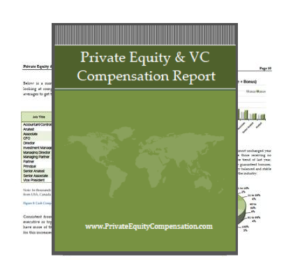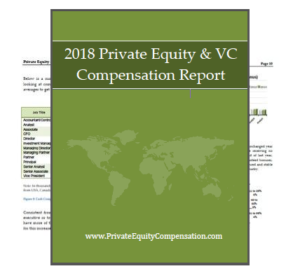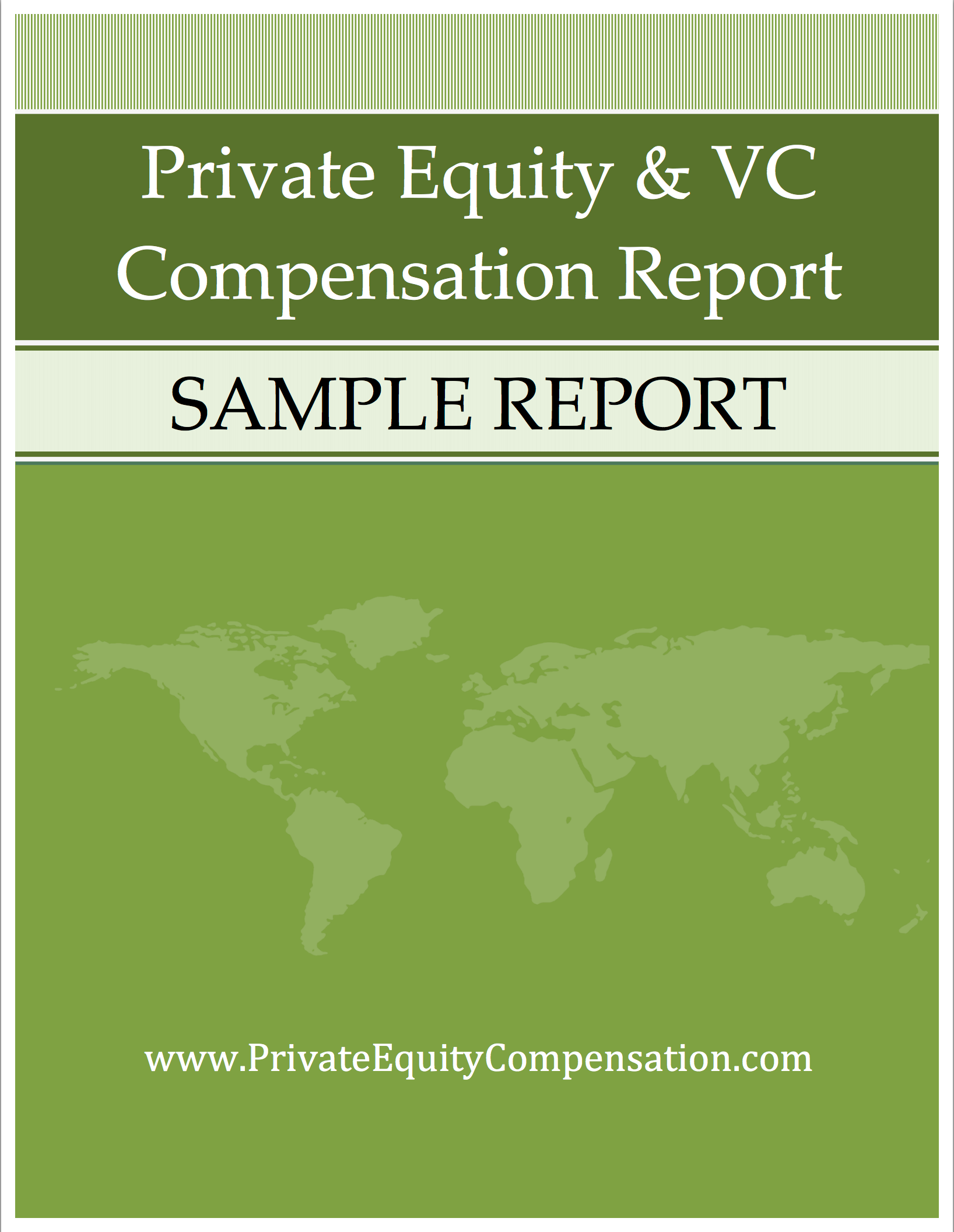Private Equity Compensation 2023
2023 Private Equity Compensation Report Shows Increased Compensation Despite Slowing Fund Performance

ANN ARBOR, MI, December 7, 2022 – The 2023 Private Equity and Venture Capital Compensation Report marks the ninth straight year of compensation gains in the private equity and venture capital industry.
Despite a downturn in the stock market, corporate layoffs, and discussions of recession, participants across the board reported higher total earnings over the previous year. Overall, 65 percent of respondents expect to see greater cash earnings this year.
Those earning from $151,000 to $1 million increased another 3 percent and now account for 87 percent of respondents. This is the highest percentage of private equity and venture capital professionals reporting earnings of more than $150,000 in annual compensation in the history of this report.
“As we saw last year, most of these professionals are unhappy with their private equity compensation packages,” said David Kochanek, Publisher of PrivateEquityCompensation.com. “Market conditions and employee expectations were the two biggest reasons cited for their dissatisfaction.” Carried interest and compensation formulas were the remaining reasons for dissatisfaction.
Estimated fund performance in 2022 is down compared to last year. Funds up 25 percent or more fell by 4 percent. Funds up 10 to 24 percent dropped from 45 percent last year to 39 percent. And the percentage of respondents who said their fund’s performance was down increased from 4 to 8 percent. Given the state of the economy, we expect this trend to continue in 2023.
Bonus pay is usually based on several factors, including firm performance, fund performance, and individual performance. As reported in previous reports, this year, when funds didn’t perform well, professionals expected their firm to pay out lucrative bonuses to team members.
The most popular month for bonus payouts is December, accounting for 26 percent of responses. December is followed by the first three months of the year, in which 49 percent of respondents report receiving their bonus payouts.
In-house training continues to receive unfavorable reviews, with nearly half of respondents reporting non-existent or weak internal training programs. Equivalent to last year, only 18 percent rate their in-house training as good to excellent despite the benefits firms could gain in recruitment and retention by strengthening this area.
In addition to compensation data, the 2023 Private Equity and Venture Capital Compensation Report provides additional insights such as positions in demand, percentage of firms hiring, where firms are cutting back, and where career opportunities are increasing.
About The Report
The 2023 Private Equity and Venture Capital Compensation Report is based on data collected directly from hundreds of private equity and venture capital partners, principals, and employees.
The report, in its sixteenth year of publication, is widely regarded to be among the most comprehensive benchmarks for private equity and venture capital compensation. It provides independent and impartial data covering a broad range of salary, bonus, carried interest, and other compensation-related information, sourced directly from professionals working within the industry.

 The 2018 Private Equity Compensation Report, shows that increased fund raising and billions in funds looking for investments has resulted again this year in increased private equity and venture capital compensation.
The 2018 Private Equity Compensation Report, shows that increased fund raising and billions in funds looking for investments has resulted again this year in increased private equity and venture capital compensation.